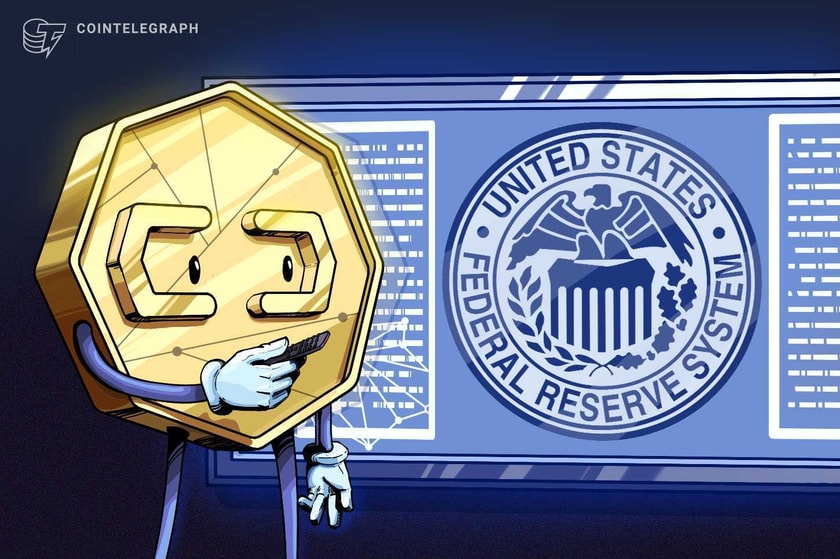‘CBDCs are the natural evolution,’ says HyperLedger director Barbosa
In an interview filmed during the World Economic Forum in Davos, Daniela Barbosa gives the floor to enterprise blockchains and the future of currencies.
176 Total views
5 Total shares
For Daniela Barbosa — general manager of blockchain, healthcare and identity at the Linux Foundation and executive director of Hyperledger — digital currencies and cryptocurrencies have made it among the big banks at the World Economic Forum in Davos.
In an interview with Cointelegraph shot against the backdrop of the Swiss Alps, Barbosa explained that in the few years she has attended the WEF, the presence of cryptocurrency companies has steadily grown. What’s more, we should not be afraid of central bank digital currencies (CBDCs).
“CBDCs are [a]natural evolution of digital dollars and digital currencies.”
While the WEF saw calls from some bankers for a CBDC rollout to slow down, Barbosa explained that a CBDC could be with us in this decade.
Hyperledger’s work overlaps that of CBDCs, particularly in light of a partnership with the Digital Dollar Project. The nonprofit organization seeks to further the research into a U.S. CBDC. The key to CBDC implementation, however, is in succeeding with “privacy-preserving methods.”
An advocate for digital identity, privacy and “having control of your data,” Barbosa also shared the story of how she got into Bitcoin while living in San Francisco and working for Dow Jones in the mid-2010s.
“I did go to a [Bitcoin] meetup once and I was older than everybody else and also female—and I thought, maybe this is not for me?”
Fortunately, Barbosa kept abreast of Bitcoin and the market when time allowed before joining HyperLedger, an enterprise blockchain solutions-based company, in 2016.
Related: UN agency head sees ‘massive opportunities’ in crypto: WEF 2022
While blockchains can sometimes be touted as a catch-all solution, Barbosa explained that sometimes blockchains are not the ideal situation and “should not be used.” Many blockchain use cases in 2016 and 2017, for example, wanted the “media to pay attention.” In 2022, a blockchain works when:
“You want to use a distributed ledger when you have multi parties that are working together—you don’t want to have to create another middle layer than helps disintermediate all the assets going around.”
HyperLedger now covers everything from pharmaceuticals to finance while its blockchain solutions tackle climate change.









